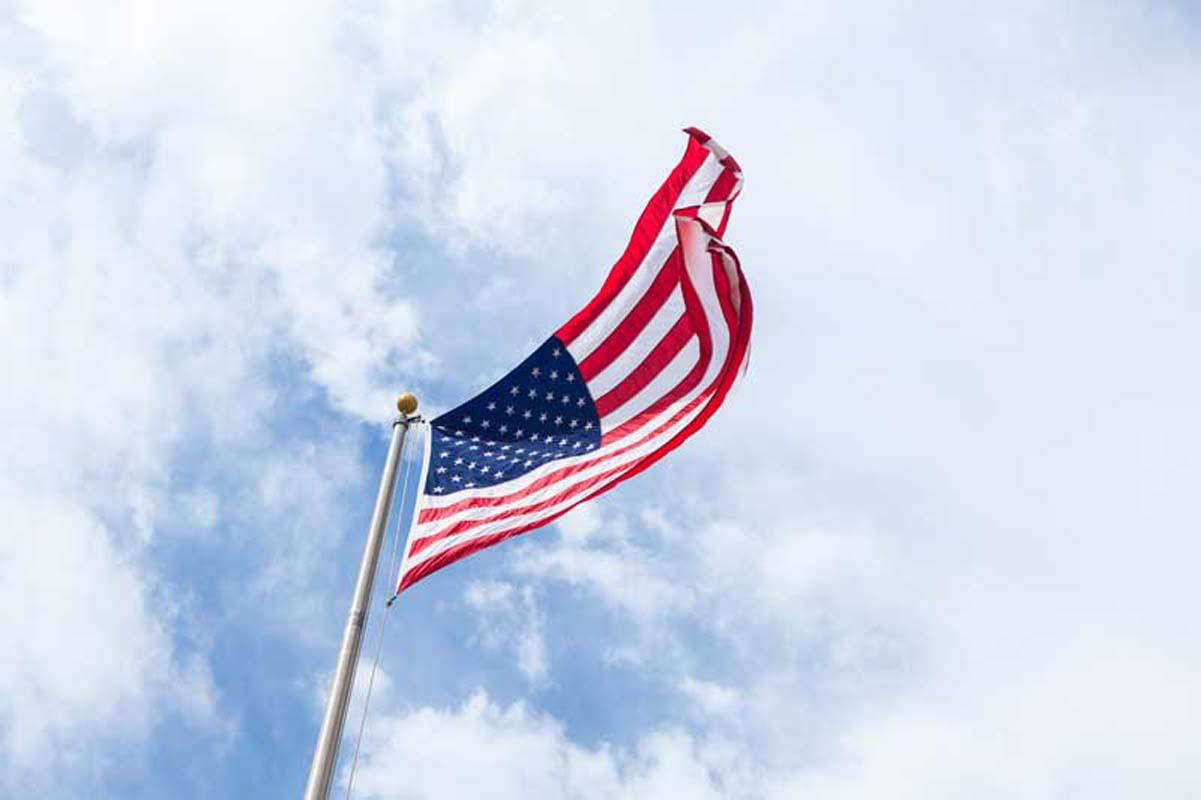
403
Sorry!!
Error! We're sorry, but the page you were looking for doesn't exist.
Washington Addresses Ending Development-Cost Waivers to Seoul
(MENAFN) Washington has notified South Korea of its choice to conclude a waiver covering development expenses on specific American weapons acquisitions, according to a news agency, which cited unnamed insiders on Sunday.
The United States reportedly informed Seoul in August that it would stop exempting “non-recurring” costs (NCs), which refer to single-instance charges associated with the research, creation or manufacturing of designated defense systems.
In line with the US Arms Export Control Act, the Department of Defense is obligated to recoup NCs for armaments provided through the Foreign Military Sales (FMS) framework, as these initial outlays—funding the innovation or fabrication of weaponry—are borne by American taxpayers.
The statute permits waivers in particular circumstances, including situations that support U.S. objectives such as harmonizing military hardware with partners like South Korea, Japan and Australia, or preventing scenarios in which imposing the fee might jeopardize a prospective arms transaction.
Although South Korea previously benefited from this NC exemption, its cancellation will escalate expenses, especially as Seoul aims to allocate $25 billion toward U.S.-made defense assets by 2030.
Japan, Australia and additional countries have also been reportedly alerted regarding the cessation of this waiver.
The Pentagon refused to provide any remarks.
The United States reportedly informed Seoul in August that it would stop exempting “non-recurring” costs (NCs), which refer to single-instance charges associated with the research, creation or manufacturing of designated defense systems.
In line with the US Arms Export Control Act, the Department of Defense is obligated to recoup NCs for armaments provided through the Foreign Military Sales (FMS) framework, as these initial outlays—funding the innovation or fabrication of weaponry—are borne by American taxpayers.
The statute permits waivers in particular circumstances, including situations that support U.S. objectives such as harmonizing military hardware with partners like South Korea, Japan and Australia, or preventing scenarios in which imposing the fee might jeopardize a prospective arms transaction.
Although South Korea previously benefited from this NC exemption, its cancellation will escalate expenses, especially as Seoul aims to allocate $25 billion toward U.S.-made defense assets by 2030.
Japan, Australia and additional countries have also been reportedly alerted regarding the cessation of this waiver.
The Pentagon refused to provide any remarks.

Legal Disclaimer:
MENAFN provides the
information “as is” without warranty of any kind. We do not accept
any responsibility or liability for the accuracy, content, images,
videos, licenses, completeness, legality, or reliability of the information
contained in this article. If you have any complaints or copyright
issues related to this article, kindly contact the provider above.

















Comments
No comment